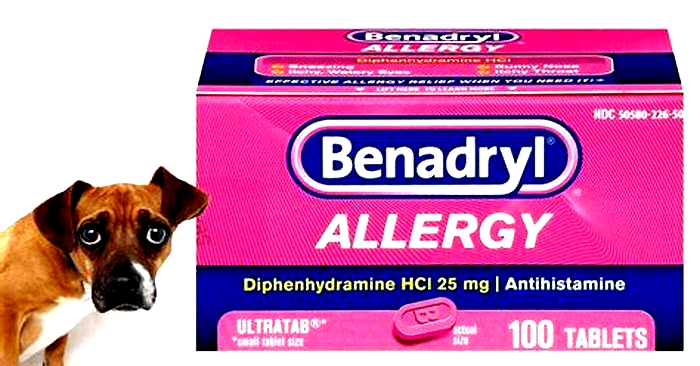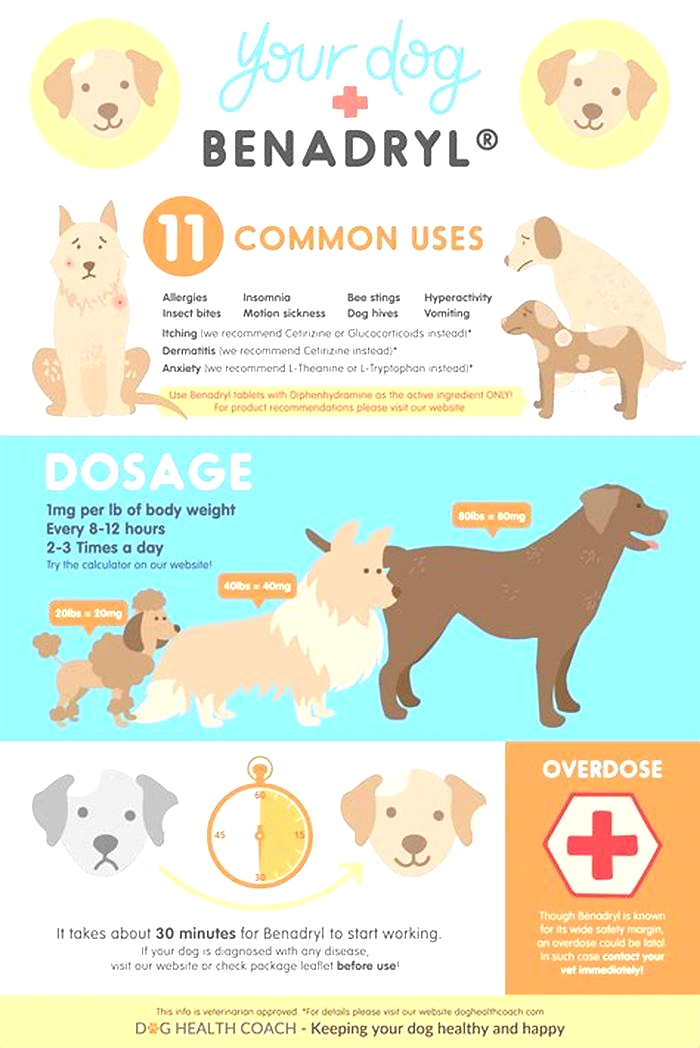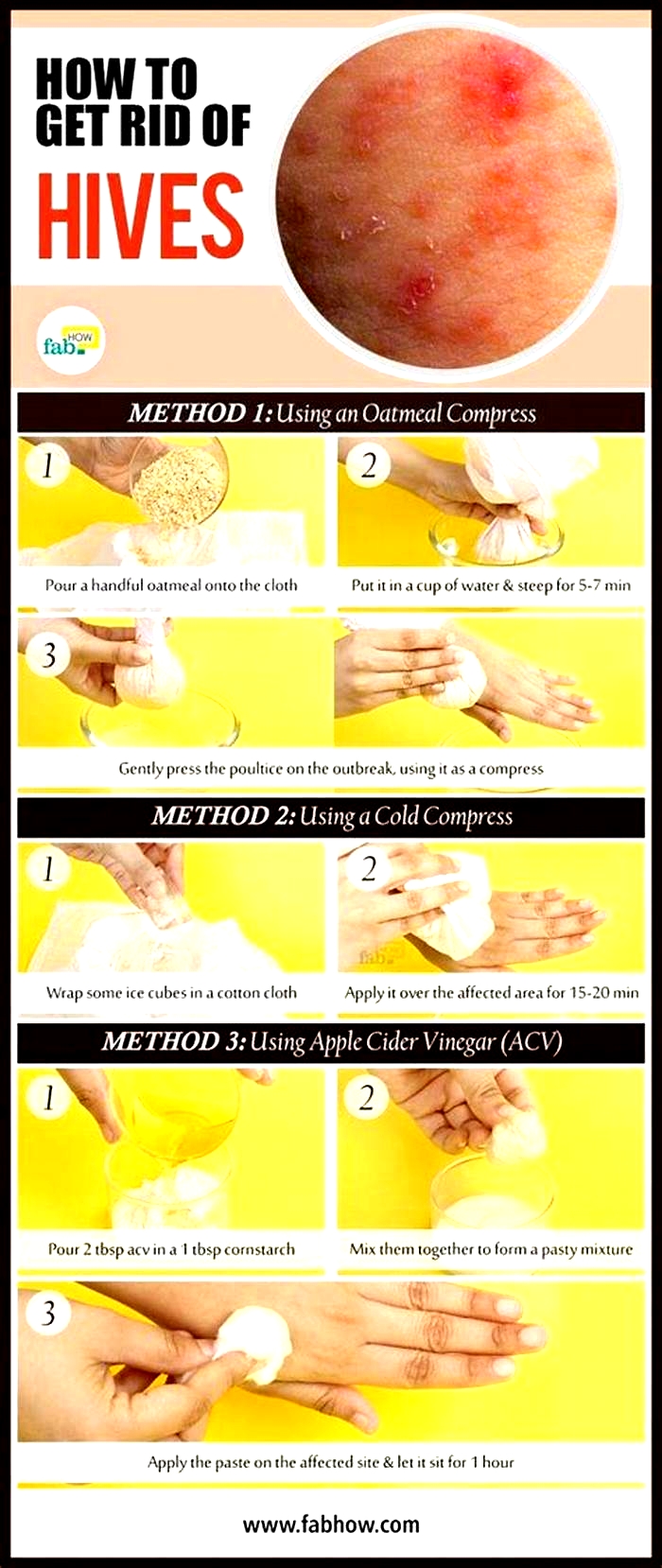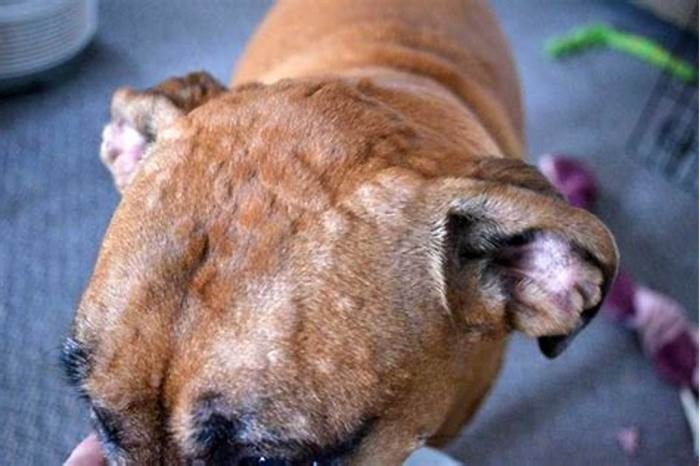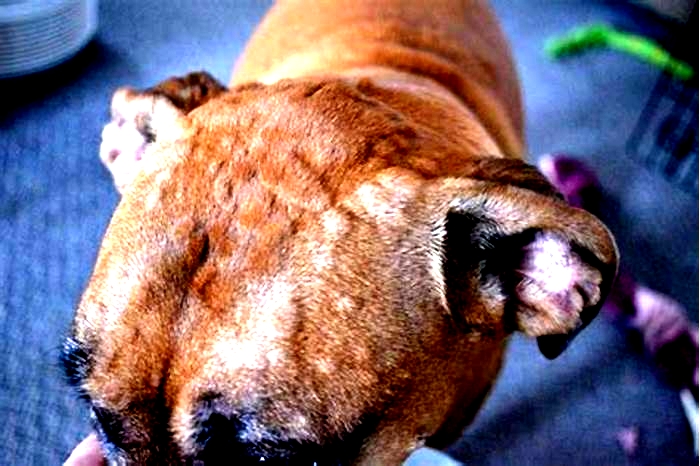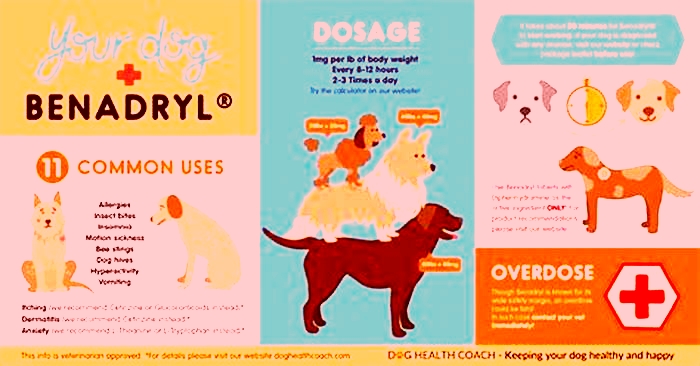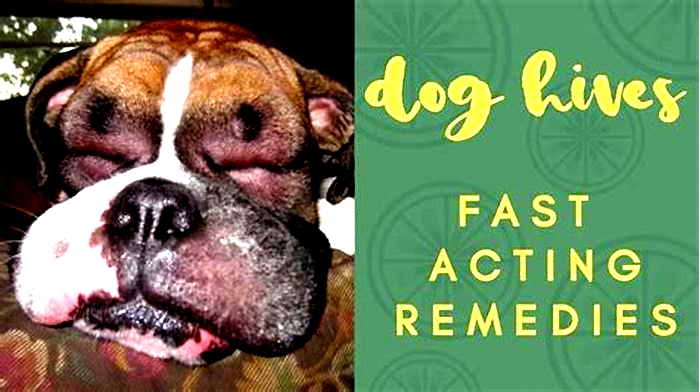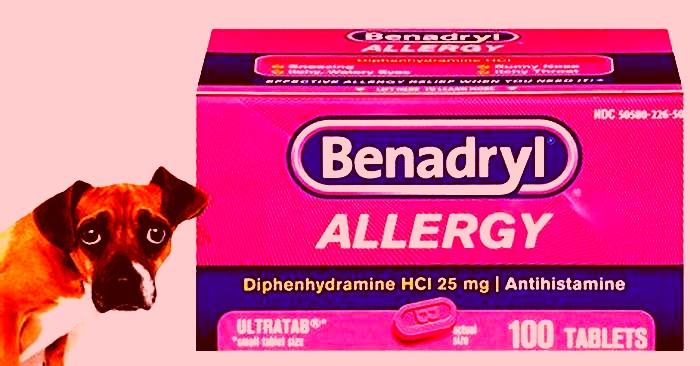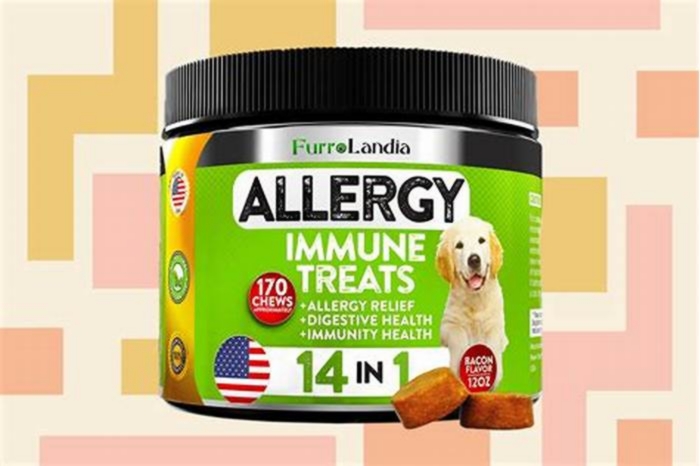What can I give my dog for severe hives
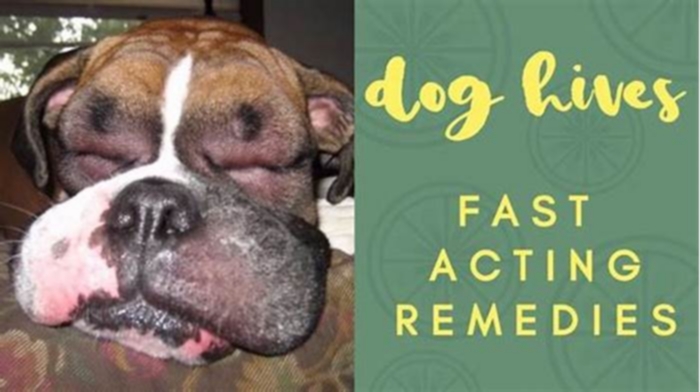
How You Can Treat Dog Hives At Home: 6 Safe And Effective Remedies
Disclosure: Our recommendations are based on our testing, research and analysis. We may earn a commission on products purchased using links on this page.
One of the mild allergic reactions that dogs experience is dog hives. Uncommon, but it can lead to unpleasant complications for your pooch. In rare cases, hives can lead to dog anaphylaxis, which can be life-threatening.
Like more major issues such as ticks, fleas, and other pesky parasites, its best to deal with them to minimize your dogs experience of itchy skin, dog rashes, and irritated skin, and maintain their high quality of life.
This article covers the basics of dog hives. Why they appear, and six effective and natural home remedies you can do to get your pooch feeling at the top of their game again.
Understanding Dog Hives
Hives (urticaria) are swollen, red, usually itchy patches of skin that tend to appear and then disappear almost as suddenly commonly.
The common causes are broad and range from insect stings/bites to medications and even dog shampoos. Toxic chemicals or plants can also be a cause, and sunlight, exercise, genetic irregularities, and friction can exacerbate the symptoms.
Identifying Dog Hives
To identify dog hives, gently locate the irritated area. If it is a dog hive, it will appear swollen and could result in swelling in your dogs face, lips, throat, or ears. Sometimes they meld together and become bigger and larger, which is more challenging to deal with.
Before Home Treatment, Try These Safety Precautions
Its vital to consult a vet for a proper diagnosis. This applies equally if you are uncertain about the nature of your dogs hives. But if your dog experiences swelling in or around the airways, this can lead to dog anaphylaxis, which can be life-threatening.
If your dog seems to be having trouble breathing or is breathing in a laboured manner, consult the vet immediately. Equally, its worth speaking to your vet to get a diagnosis specific to your dog.
Home Remedies for Treating Dog Hives
Cold Compress
A cold compress helps to alleviate swelling, irritated skin, or hives. Press an ice pack (simply crushed ice in a bag, remove air, and seal) against the area gently.
You can also use a commercial gel pack or wrap that fits around the joint or area in question. Bags of frozen vegetables like corn or peas work, too, and can be used without ordering a product.
Oatmeal Bath
An oatmeal bath is a classic and inexpensive way to remedy minor hives. Simply run a lukewarm-mildly bath, pour and mix in 1 cup of oatmeal as the tub fills, and soak your pooch gently for 10-20 minutes. Pat and dry. For smaller breeds, you can use less oatmeal (1/3 cup)
Aloe Vera Gel
Aloe vera gel is very beneficial when it comes to calming irritated skin. You can even purchase animal aloe, which is even more pet safe and less likely to cause an unwanted reaction, as with human aloe gel.
Start small to test for an allergic reaction; dont let your dog ingest it. It can be a natural remedy for skin contact, but if ingested, its toxic.
Chamomile Tea Rinse
Chamomile in hot water, cooled, and applied to your dog is another natural allergy medication that helps with dry skin, skin rash, and itching. So again, for the mild symptom, its effective.
Apple Cider Vinegar Solution
This product comes in a number of forms, commonly in a spray. This is convenient as it allows the pet owner to spray the hive area before going on walks easily. Its best with a 50/50 solution of apple cider vinegar and water.
Honey
Honey is multipurpose for dogs; it can help with insect bites, skin wounds, and allergen hotspots. Feeding your dog a teaspoon of raw honey each day is the trick.
A large dog might need a touch more, and a smaller breed a smidge less. The trick is to purchase local raw honey, which contains pollen, to help your dog acclimate to allergy season.
Monitoring Progress and Consulting the Vet
Monitor the progress of your dogs skin irritation by checking the affected area before and after applying the allergy relief solution.
With consistent care, the hive areas should start to go down. But if the issue persists or worsens, you must contact the vet for a more detailed and personal diagnosis. Guides are all well and good, but we dont know your dog personally.
The Furr-dict
Dog hives are usually a minor issue, but one that you should keep an eye on anyway. Using any of the six safe, effective home remedies, you can stop your dog from itching, reduce its skin irritation, and maintain its comfortable and pain-free quality of life.
As dog owners, we must look after our dogs. Pet health should be a prime concern. If you want to know more about how to be a responsible pet owner, you should check out our website for all things cute and furry.
Frequently Asked Questions
Can dog hives be a sign of a serious underlying condition?
Its usually a simple case of an allergic reaction. Most of the time, dog hives are not threatening, aside from dog rashes, itchy skin, and an itchy dog!
Are there certain foods that can trigger hives in dogs?
Foods such as dairy, eggs, chicken, and beef can cause canine food allergies.
Can I use over-the-counter creams on my dogs hives?
Products like hydrocortisone cream are safe for dogs skin. But its essential to consult the vet or at least do some research before applying. Many human products can contain other chemicals that create an unwanted reaction in your dog.
How long does it usually take for hives to resolve with home treatment?
This depends. But within 24 hours is a reasonable expectation. At the most, a few days. Consult the vet if symptoms are persistent.
This can be very serious if your dog experiences swelling around the airways. It can lead to dog anaphylaxis, which can be life-threatening.
Sara is an experienced veterinarian with a history of working in Veterinary Medicine, Client Education, Dogs, Pet Care, and Surgery. She is a strong healthcare services professional with a graduate degree from St. George's University. You can connect with her onLinkedIn.
Dog Hives 101 Symptoms, Causes, And Treatment Of Hives In Dogs
Nobody wants their dog to be in any kind of distress so we do everything we can to make their lives as pleasurable and happy as possible. Unfortunately, we cant always control what happens to our four-legged companions. One of those instances that we dont have complete control over is an allergic reaction such ...
Nobody wants their dog to be in any kind of distress so we do everything we can to make their lives as pleasurable and happy as possible. Unfortunately, we cant always control what happens to our four-legged companions.
One of those instances that we dont have complete control over is an allergic reaction such as urticaria or hives. Hives in dogs are rarely fatal, and they can go away on their own after a few hours.Thats the good news.
However, if they dont go away without medicine, or if additional skin welts emerge or the size of the hives grows, you should seek veterinary help as soon as possible so that it doesnt turn into a severe allergic reaction.
Scroll down to discover more about the origins, symptoms, and treatment options for dog hives and see how you can help your furry friend in this tricky situation!
What Are Dog Hives?
Hives are itchy, red, swollen, and irritating skin rashes or welts. Dog welts commonly occur anywhere on the body, including the face, neck, lips, and ears. The majority of these responses are not generally life-threatening; they are limited and they frequently self-resolve.
Because of the dogs thick fur coat, though, hives in dogs are more difficult to detect than acute allergic reactions on human skin.
The rashes might be visible on sections of the dogs body where there is less hair but other than that, you might only detect a few little elevated tufts of hair that suggest the existence of raised welts. These welts on your pets skin might be uncomfortable or not affect them at all.
In moderate situations, the hives will usually go away within 12 to 48 hours of coming into touch with the allergen.
However, because the response might progress into hazardous swelling of your dogs airways or a life-threatening allergic reaction known as anaphylaxis, you should get medical help if you notice hives on your dog.
That is particularly true for hives on the face or around the mouth, which can cause hazardous swelling and possibly airway obstruction. In this case, a few minutes could be crucial for saving your dogs life.
Symptoms Of Dog Hives

Hives in dogs have symptoms that are similar to those seen in people. Your dogs hives will generally show up as:
- Intense itching
- Swelling
- Redness
These arent the only symptoms associated with hives. Besides itchy skin and runny nose, you might notice other signs such as a coat that seems to have raised bumps or patchwork.
Canine hives, like human hives, are tiny, elevated weals measuring 1 to 20 cm in diameter. They might be concentrated at one spot or dispersed throughout the body. Several hives in a congested area might potentially seem like a single bigger swelling.
Itchy hives are a common occurrence.
If you notice your dog scratching, check for any indications of dog allergic reaction bumps, especially dog hives on back, or other irritants, such as fleas and call your vet if the symptoms get worse.
Swelling (angioedema), which is especially dangerous when it affects the face and respiratory system, can have serious and life-threatening implications.
If you notice any changes in your dogs skin, dont turn to Google for pictures of hives on dogs make a vet appointment right away at the nearest location and ask for expert advice!
Causes Of Dog Hives: Food Allergies, Insect Bites & More
Why is your dog breaking out in hives?
Hives on dogs skin are a normal part of the immune system or, rather, its response. They are usually caused by:
- Allergens in the environment
- Unfavorable medication response
- Insect stings or bites
- Chemical poisoning
- Toxic plants
- Sunlight
- Heat
- Exercise
- Stress
- Genetic abnormalities
The world around your dog is full of possible allergies and irritants. Dogs hives can be caused by food, pollen, dust, fleas, mosquito bites, and a variety of other environmental allergens.
This type of skin infection could also be caused by more severe allergic responses, such as those caused by an insect bite especially if your pet has very sensitive skin.
Other causes can be chemicals and plants like stinging nettles, even more so in short-haired dogs.
Insects or plants might be the source of hives on your dog during a stroll through grassy regions. Keep in mind that some causes of swelling such as snake and spider bites could be life-threatening if not treated at once.
Medications can also trigger allergic responses, though. If your dog develops hives after starting a new drug, contact your veterinarian, and keep an eye on your pup for any other symptoms or side effects.
That said, immune reactions arent always the source of hives in dogs.
Hives in dogs may be triggered or intensified by a variety of factors, including heat, activity, stress, and genetic disorders.
How Vets Diagnose Hives
The diagnosis of hives in dogs is pretty simple. Diagnosing the underlying cause, on the other hand, is the tricky part.
Once your veterinarian has determined that your puppy has hives, theyll perform a physical examination to look for any additional symptoms or signs of allergic reactions.
If there isnt a risk of anaphylaxis, your vet will likely question you about your dogs food, medication changes, and any pertinent recent activity. Depending on these results, your veterinarian might advise you to pursue a variety of options.
Allergic Reaction & Testing
In certain circumstances, allergy testing may be required particularly in cases with chronic urticaria. And if food allergies are suspected, your veterinarian could recommend an elimination diet to figure out whats causing the problem.
You can always pay for the allergy tests done by the vet, but there is an alternative and a slightly less expensive and invasive one at that. And that would be a home allergy testing kit.
The5Strands Pet Environmental & Food Intolerance Test is an excellent example of an efficient and pain-free way you can test your dog for allergies.
How To Treat Hives In Dogs
Hives in dogs usually go away on their own within a few hours.
However, in severe or chronic situations when the irritant cannot be removed promptly, or the swelling is causing extreme discomfort to the dog, dog hives treatment may require medications.
If thats the case, the treatment your vet prescribes will more than likely include medications such as a corticosteroid or antihistamine.
Management Of Dog Hives
While hives could go away on their own after several hours, it might take a bit longer to figure out what is causing them.
Some dogs skin is simply too sensitive and they get more hives than others. Others may have allergic reactions that need to be managed on a long-term basis.
Learning how to handle your dogs sensitivity and allergic reaction will help prevent a recurrence.
Dogs with grass allergies or sun sensitivity, for example, might need to wear special attire when they go outside. When talking about food allergies, you will have to change your dogs diet to eliminate the type of foods that cause hives.
You may be able to infer some of the triggers for your dogs disease by observing him, but keep in mind that, even if the source of an allergy can be discovered, it could take a long time.
Preventing Hives In Dogs
Its not always possible to avoid hives. Avoiding particular situations, chemicals, or drugs if you know your dog has a hypersensitivity or allergy to them will assist. Insect bites, on the other hand, are more difficult to prevent.
Consult your veterinarian about the best approach to keep your dog from developing recurring hives.
Theyll help determine the best protocols to follow in order to minimize additional responses, as well as the dangers of severe alergic reactions, such as anaphylactic shock.
Minimize exposure to the allergen that is causing the problem.
Thats the most effective method for preventing hives in dogs. Its easier said than done, though.
Allergens can be found in your dogs immediate environment or in the food it eats. Youll have to take steps to identify the allergen thats causing the problem so that you may reduce or eliminate your pets exposure.
If your dog has had a reaction to a vaccine in the past, your veterinarian may give them an injection 10-14 minutes before the vaccine is given. To reduce the risk of bad responses, your veterinarian may also decide to change your pets immunization routine in the future.
Dog Hives FAQs
Are dog hives dangerous?
If the hives are caused by insect stings particularly bee stings dogs faces and lips might swell dramatically. If the swelling spreads to the neck, breathing might become difficult, culminating in anaphylaxis. In this case, hives are dangerous.
Are hives on dogs contagious for humans or other pets?
Humans and other pets are not afflicted with hives. Keep other pets and household members away from potential issue areas if your veterinarian believes the source of the hives is a chemical or environmental irritant such as poison ivy and similar.
Is there a vaccine for hives in dogs?
There is no vaccine for hives. That said, vaccines can sometimes produce an immunological reaction that results in hives. These are typically minor, but if your dog has a response to treatment, medicine, or immunization, always consult your vet.
How long do dog hives last?
Hives usually go away on their own once the allergen has been eliminated or minimized from the dogs environment. However, it might take anywhere from 24 to 72 hours to clear up.
What can I give my dog for allergic reactions and hives?
Its important to realize that, in many cases of hives, they wont disappear suddenly which is why many people rush to treat them with natural remedies and whatnot. ALWAYS seek veterinary advice first if your dog has developed hives. Pet owners should never treat a condition caused by an allergic reaction by themselves. Instead, make an emergency vet visit ASAP.
Dog Hives Final word
Figuring out whats wrong with your dog can be a lengthy process, especially with an allergic reaction. Dog hives causes are plenty so, arm yourself with patience.
Keep in mind that you shouldnt give any medications without your vets supervision. Once you figure out the reason or reasons that cause hives in your dog, its easier to provide your pup with the best possible care.
Looking in your dogs eyes and knowing youre doing absolutely everything you can to help them is priceless, wouldnt you agree?
Similar reading:
Dog Allergic Reaction
What Does Dog Allergy Look Like
Hot Spots On Dogs Skin

